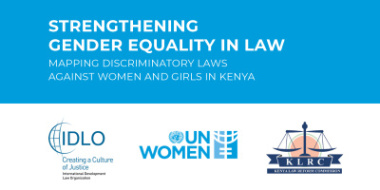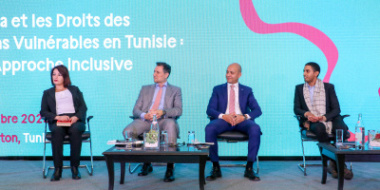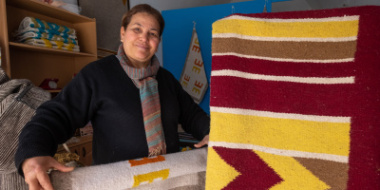An historic window of opportunity for rule of law in Myanmar
IDLO's Victoria Harrison Neves, spoke to our Country Representative for Myanmar, Kartik Sharma, about the transition underway in that country, the opportunities for supporting the rule of law at this time, and the practicalities of working in such an environment.
IDLO - When did you arrive in Myanmar?










